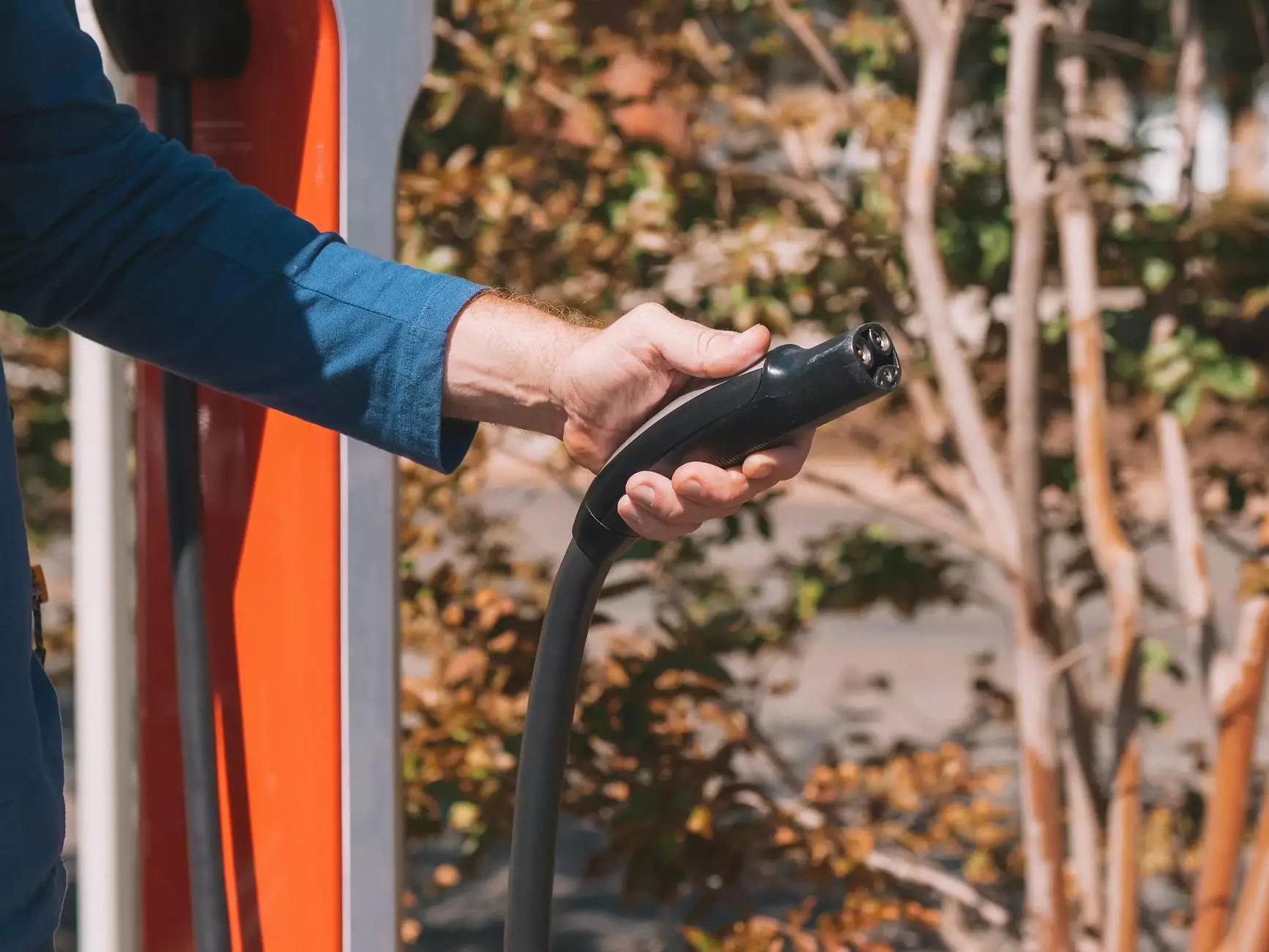The Comprehensive Guide to **Tesla Charger Cost** and Its Importance in the EV Market

The rise of electric vehicles (EVs) has been one of the most significant trends in the automotive industry over the past decade. Among the leaders in this space, Tesla has positioned itself as a pioneer, not just with its innovative cars but also with its extensive network of charging solutions. Understanding the tesla charger cost is crucial for both prospective and current Tesla owners, as it affects overall vehicle ownership expenses and convenience. In this article, we will delve into the various aspects of Tesla charger costs, how they can impact your decision to switch to an electric vehicle, and the broader implications for the growing EV market.
1. The Importance of Charging Infrastructure
Charging infrastructure is one of the pivotal factors in promoting electric vehicle adoption. The availability and cost of charging solutions directly influence consumer decisions. Here are some key points to consider:
- Convenience: Having access to reliable charging stations allows for easy long-distance travel.
- Total Cost of Ownership: Understanding charger costs helps in estimating the total expenses associated with owning an EV.
- Environmental Impact: Promoting the right infrastructure encourages more individuals to switch from fossil fuel to electric vehicles, thus reducing carbon footprints.
2. What is the Tesla Charger Cost?
The cost of Tesla chargers varies based on several factors such as the type of charger, installation costs, and regional pricing. Let's break down these elements:
2.1 Types of Tesla Chargers
Tesla offers several types of chargers, each designed for different use cases:
- Home Charging Solutions: The Tesla Wall Connector is the most popular option for home users. It generally costs between $400 to $500, not including installation.
- Public Superchargers: These are fast charging stations located across the country. The cost to use a Supercharger varies depending on location and time of use, typically ranging from $0.28 to $0.42 per kWh.
- Destination Chargers: Often found at hotels and restaurants, these chargers offer a slower charging rate but add convenience for long-distance travelers.
2.2 Installation Costs
While the cost of the charging unit is one factor, the installation can add significant expenses. Factors affecting the installation cost include:
- Electrical Upgrades: Older homes may require electrical upgrades to accommodate a Wall Connector, which can be expensive.
- Labor Costs: Hiring a certified electrician will naturally incur labor charges, which can vary widely based on location.
3. Analyzing the Total Cost of Ownership
When evaluating the Tesla charger cost, it’s essential to consider the total cost of ownership of an electric vehicle. Here’s how charging expenses fit into the picture:
3.1 Fuel Savings
One of the most compelling arguments for switching to an electric vehicle like a Tesla is the significant savings on fuel costs. Compared to gasoline or diesel, charging an EV is much less expensive:
- Electricity Rates: The average cost of electricity in the U.S. is around $0.13 per kWh, making it significantly cheaper to drive electric.
- Efficiency: Tesla vehicles are highly efficient, often achieving an equivalent of 130 MPGe or more.
3.2 Maintenance Costs
The maintenance costs associated with electric vehicles are typically lower than traditional vehicles. This is because EVs have fewer moving parts and don’t require oil changes:
- Fewer Wear-and-Tear Components: With no engine oil, transmission fluid, or exhaust systems to maintain, electric vehicles often have lower maintenance costs.
- Longer Lifespan of Brake Systems: Regenerative braking helps extend the life of your brake pads, saving on replacement costs.
4. The Future of EV Charging: Trends and Predictions
The landscape for EV charging is continually evolving. Here are some trends that could impact Tesla charger costs and accessibility in the future:
4.1 Advancements in Charging Technology
Innovations in charging technology are consistently reducing charging times and improving convenience:
- Ultra-Fast Chargers: Newer models of chargers can significantly cut down the time needed to recharge an EV.
- Wireless Charging: Though still in the developmental phase, wireless charging may become a viable option, eliminating the need for physical connectors.
4.2 Growth in Charging Networks
As EV adoption rises, so too does the expansion of charging networks, including:
- Public Charging Stations: More businesses and municipalities are investing in public charging stations to accommodate EV drivers.
- Home Charging Solutions: The popularity of home charging systems is expected to grow as more homeowners look to EVs.
5. Making an Informed Decision
Understanding the Tesla charger cost is vital for those considering the switch to an electric vehicle. It’s essential to assess both the upfront expenses and the long-term savings:
5.1 Budgeting for Your Tesla Charger
When planning to purchase a Tesla, take into account the following:
- Initial Purchase Cost: Factor in the cost of the charger and installation when budgeting.
- Ongoing Expenses: Include monthly electricity costs when calculating your overall cost of ownership.
5.2 Evaluating Charging Needs
Your specific charging needs will depend on your driving habits:
- Daily Commute: If you have a long commute, a home charger may be essential.
- Travel Habits: For frequent long-distance travel, consider the availability of Superchargers along your routes.
6. Conclusion: Embracing the Electric Future
Understanding the tesla charger cost is crucial for anyone considering an electric vehicle. The lower operating and maintenance costs, combined with the environmental benefits of going electric, make Tesla vehicles an appealing option for many consumers. As the charging infrastructure continues to expand and improve, we can expect a surge in electric vehicle adoption. This shift is not just a trend but a necessary evolution toward a more sustainable future. By investing in Tesla’s infrastructure now, you’re not only benefiting yourself but also contributing to a greener planet.
Whether you are part of the biking community, a motorcycle enthusiast, or simply a sustainable transport advocate, embracing electric vehicles like Tesla aligns with contemporary environmental goals and economic savings.









